Conversations with smart people about stuff that affects our world, and how we affect it
Sustainability goes far beyond reducing our carbon footprint or diverting trash. In this episode, three Appalachian professors discuss the economics of sustainability, and address the question of metrics. How do we know if we are making progress with our efforts toward becoming a more sustainable society?
Transcript
Megan Hayes: You may or may not realize just how much your daily life, and everything you do, relates to sustainability. At Appalachian, there are a lot of experts relating sustainability not only to their lives, but to every academic discipline, every classroom lecture and every interaction we have professionally, as well as personally. Recently, we invited three of these academic experts to the podcast studio to talk about Appalachian’s commitment to sustainability and how it manifests in our research, our creative work, our teaching and mentoring both in and out of the classroom, and our daily interactions. We see this conversation as a jumping off point, and hope you will be inspired to listen to their entire conversation, which we’ve broken into four parts.
Right now, you’re hearing part 3, although you can approach these in any order. This part of the discussion revolves around sustainability and economics, although there’s lots of economic talk throughout the entire series. But these conversations can get really philosophical, so in this section, we turn to the topic of metrics. That is, as hard as we work toward reducing our waste, our energy usage, our economic and social inequities, how can we tell if we’re getting anywhere?
We’ll take a few seconds to introduce you to – or reacquaint you with – our panel.
Dr. Dinesh Paudel is an assistant professor in the Department of Sustainable Development, whose research and teaching interests include climate change, identity politics, political economy and subaltern social movements; Dr. Shea Tuberty is an associate professor in the Department of Biology whose research interests are in ecological biology, with a focus on water quality issues. Dr. Tuberty is also co-chair of Appalachian State University’s Sustainability Council; and Dr. Todd Cherry is a professor in the Department of Economics, whose research and teaching interests include environmental and natural resource economics, regional economics and public economics. Dr. Cherry is also the Director of the Center for Economic Research and Policy Analysis at Appalachian and a Senior Research Fellow at the Center for International Climate and Environmental Research - Oslo in And now, let’s get to their conversation:
One thing that I wanted to touch back on a little bit was this concept of benchmarking that you were talking about, Dr. Paudel. That’s such a natural way to measure progress, so if we’re not using benchmarking to measure progress then what other metrics can we use? How can we say we’ve moved the dial on something or we’ve made progress?
Dr. Dinesh Paudel: I think that the root of the problem is that we already have these defined benchmarks and we feel we must achieve them. We take them as natural given categories – we take the market and how the economy operates, how the society is organized, how we measure our own progress and what makes us happy. They are all set for us. That’s the problem. We take them as very natural even though they have only existed for a few hundred years in a human history of several thousands. They are definitely not natural. They are a social product fulfilling certain interests…interests of only certain types of people. Now they have become so dominant and powerful, they define our goals, they define our discourse. They define our culture. They define how we operate. Therefore, unless and until we are ready to really think differently, to think beyond these boxes, categories and benchmarks, we are not able to think through sustainability or a different kind of world and a different future. Therefore, we do not need to measure. We do not need to know where to go. We just need to behave very ethically and correctly and in a way that doesn’t exploit nature or people. That’s it! If we forget about these already defined benchmarks, which are found to be counterproductive to our sustainability, we should be ready to give them up. To do that is a messy project. They are already very natural to use and we take them for granted. That’s the problem. Figuring out that benchmark and coming up with universal global definitions of certain things and finding a certain indicator that is good for everyone is already very wrong. That’s what we’ve done for the last several hundred years and it hasn’t worked. We should recognize and move on from there.
MH: Dr. Cherry, can you speak to that a little bit.
Dr. Todd Cherry: I think it’s more nuanced and not so black and white. Even markets at a fundamental level are just a mutually beneficial exchange. That’s been going on for all of human history, even in hunter-gatherer societies. As society develops and technology develops…now you have Apple Pay…that whole transaction that’s always been there takes on a whole new form. The fundamental behavior is shaped by our culture and that’s part of it. Go across different countries and you’ll have different worldviews on how to organize their economy. There are vast differences across countries in terms of how they organize their economies – some are much more sustainable than others. So there are choices we can make and there are metrics we can use to assess ourselves and how we’re doing. I don’t think there is anything wrong with being self-reflective. To do that you have to have something to look at. The problem is when we try to synthesis a complex system down to one number or metric. Some movement is trying to throw everything into one progress indicator. That strips away all of the tradeoffs that we face and have to make decisions about. Really what we need to do is have a set of measures and indicators and understand what they mean and how they interact with one another. That takes time and insight. It doesn’t fit well for a 15-second sound bite on the news. I mentioned the education system earlier. Education is much more an intellectual enterprise and it means so much more than a graduation or retention rate, but those are the measures that we use to give us insights on how we’re doing. Hopefully we don’t define our purpose by those metrics. I think that’s a challenge.
DP: Yes. It would be wonderful if we understood that market is that collective common sharing to enhance collective well-being. That would be fantastic and that’s what we want. There are tribal people in Indian forests or in Brazil exchanging their goods. They are selling their things, but is the dominant market system that we have really recognizing that? No. It isn’t. It says, “These people are very backward and they are primitive and do not know how tSound Ao do it. What they are doing is bad and therefore we need more development and we need to civilize them.” That’s how we treat people from around the world. It is not simply about sharing and enhancing collective well-being. They are already happy the way they are living. But we say they are wrong and we need to develop and transform you. That’s what international development is all about. The market would be fantastic if it enhanced social well-being, but if it is used for some kind of corporate growth, profit-making venture around the world, that creates problems. If we take that venture as a kind of natural category, then we are not going to solve the problem. The dominant understanding right now is that that is quite natural. But if it is for total social well-being, then definitely, that’s what we want.
MH: Dr. Tuberty, can you talk a little bit about the concept of metrics and measuring progress? Ged Moody came in and talked about the energy summit recently and that was one of the questions that I asked him. I think I did that because that’s a really natural question for a lot of us is, “What goals are you setting? How are you measuring progress toward those goals?” How do we answer questions like that when we are really talking about a paradigm shift?
Dr. Shea Tuberty: I’m trying to listen to these two really well informed faculty talk about these metrics in social and economic terms and I have to stay in my home base here. I’ll stay in environmentalism. Metrics for natural resources, whether it’s water, forest or soil and even energy, people put value on having biodiversity in water quality and quantity. There are certainly metrics out there that we use to measure how good the water quality is. It’s something that I spend a lot of time doing with my students. We really do enjoy lots of water here. It’s very high quality. I would argue that it’s the best in the world. It can’t be any better than what we have here…well, I take that back. It can be better. As far as status quo, it’s excellent and those benchmarks do serve as a goal to make them better but at what point are they good enough? At what point do you overstep your use of other resources in order to make those better? It comes back to the balance. I think what we need to be looking at has been brought up a couple of times. Go back to some of the ancient cultures, which were probably the longest-lived cultures like the Plains Indians and the Aborigines in Australia. I interacted with the last remaining elder in a small community with some of the highest biodiversity in the world in a small rain forest in northeastern Australia. His name was Ernie. He told us that back when he was a child the decisions were made by the community based on, A) What did the immediate tribe get from it and B) What did it do to their holistic resource? So if it was a forest question they literally talked about, “Do we cut down this tree? Why do we need this tree? Well we need boomerangs because we’re going to war and we need the root wood for making boomerangs. That’s the benefit. What happens to the forest once that tree comes down? Well it’s the tree next to our stream. It’s going to allow more sunlight to come to the stream. Maybe that’s a good thing. Maybe it’s a bad thing.” Every little question was equally weighed and it wasn’t just that one person owned the tree and they were going to cut it down. It was a community resource. I think going back – and a lot of people are going to say, “Well, we’re not going back that way” – we probably need to take lessons and learn from those cultures and take a step back. I think Dinesh was right. If the people that own the companies are all about making money and only making money, and are not taking into consideration what the impact is long term, and really looking at it from a sustainable point of view, then things won’t change. We need to go back and learn from earlier cultures. That’s where our anthropologists can contribute to sustainability. That’s where our historians can contribute to the sustainable efforts. Again, I think the ideals that need to be adopted to move us forward are going to come from academic universities and academic cultures. It’s been called the Ivory Tower…and we make fun of ourselves saying we’re living in this Ivory Tower. It’s for the public good that we’re thinking this way. It’s not because we’re trying to promote our own ideas. We fully understand that academicians are contributing to the problem as much as others are but we’re trying to make up for that by picking a direction that’s going to take us away from the problems.
MH: Dr. Cherry, can you talk about what a sustainable economy does look like? That’s come up in bits and pieces throughout this conversation so far. Are there examples now that you can point to?
TC: I think one of the fundamental issues for a sustainable economy is what we’ve alluded to before, and that’s paying the full cost for your actions and consumption or activities. That would go a long way to addressing a lot of the problems. I think that’s a view that’s pretty fundamental across all political stripes. Getting back to climate change, that’s a problem because for generations we haven’t been paying the full cost of that resource. If we were, we would have already been transitioned away from fossil fuels because the relative prices would have shifted the behavior and investments to be more sustainable. What I’ve alluded to before is this idea that lower prices are always better and that’s not the case. For an economy to work well, the prices have to send the right signals to the participants and to the members of society so they make better decisions. When the prices aren’t right or are too low, that’s when policy needs to step in and adjust those things either directly or indirectly through policy mechanisms. That’s one of the troubling things with climate change. We have plenty of solutions. Some countries have pursued those…some with more success than others. The problem is political. Getting some of these solutions enacted and agreed upon has been a challenge. Of course when you start talking about international problems…when you have a local public good it’s an easier problem to solve. As the scope gets larger and larger and you can’t get much larger than climate change, it becomes very difficult. Especially when you are dealing with sovereign nations. Whereas in the U.S. the government can pass a rule or new standards and get everyone on the same page, internationally, it’s all voluntary. The countries can opt in or opt out to solve this problem. It’s another animal. When you start talking about local economies vs. national and international economies, all those things interact and affect one another. There are great examples of sustainable economies. I wouldn’t say that they’ve reached an ideal, but the Scandinavian countries have done a wonderful job. I spent some time in Norway and 98 percent of their electricity is hydro and the distribution of income is quite equal. They’re at the top of the list on all the human development rankings but they also have issues that they have to deal with. Germany is making great efforts in terms of pushing away from fossil fuels. There have been promising actions and steps taken across the world. It’s just not enough. We have to scale it up quite a bit to get to where we want to go.
DP: I would rather tone down this economy part. Rather because every time we talk about community, society or a nation, we talk about economy coming first as a defining center of everything. That actually brings problems instead of solutions. We should think through these end goals rather than these means which are economies. Right? That’s fundamental, and definitely any kind of economic system or social practices I would say that if they take care of ecological integrity and social equity…for me that is a sustainable economy. If it doesn’t take care of these two issues and keeps exploiting people, increasing inequality and exploiting national resources by depleting forests or other elements of the environment, that’s not sustainable even if it produces a profit now. Even if it does good for this community it probably does bad to another community next to it. For example if Boone takes all of its water here, pollutes it, and throws it down to Asheville, it destroys them there. Norway probably does very good within Norway. It has a good distribution system probably, but Norway also exploits resources from other countries. I know Norway makes a lot of money from Nepal. It’s a very poor country in Asia. Norway gets a lot of money from there. So our understanding of justice and equity shouldn’t only be in one community or one nation, it should be across nations. Nations are in different positions in terms of who has access and who does not. It’s the same with individuals. Males are usually in a patriarchal society and globally, too, men are able to get more access to resources than women. It’s the same way with race and other things. Therefore, any kind of economic system that deals with that…within and outside, that’s a sustainable economy for me. There are all kinds of examples. I mentioned community forestry. That started in the ’70s in Nepal. The idea of community forestry came to counter that massive deforestation that was so dominant in the Himalayas in the 1950s and 1960s by companies. Later people just started cutting it down because all these companies were taking the trees away. How community forestry started was, “Give that forest back to these people. Ask them to fulfill their needs and do what they need to do to satisfy your needs and priorities.” Then, communities started planting trees and preserving them. Then mobilizing a system to meet their needs. Sometimes they sell them. Sometimes they do not. Profit making is not their main goal. They collect resources and distribute to whoever needs them. It’s fantastic. I think that it works. There are other examples too. There are green eco-villages around the U.S. I think they are working fantastically for so many people. There are so many cooperatives. Their goal is not to destroy the environment and not to exploit other people and increase inequality. We have all kinds of examples. I really appreciate your example from Australia because if we can get rid of this and get rid of racial supremacy and racial hierarchy and then learn from indigenous communities… I think we have hundreds and thousands of diverse examples that teach us how we can achieve sustainable communities. To be able to do that we need to get rid of these already very defined, big naturalized categories of defining society.
MH: It almost sounds like what you’re saying is start with the equity piece.
DP: Absolutely. If you start dealing with that you already naturally assume that there is a hierarchy. In hierarchy what happens? Someone is powerful and others are not and whatever that powerful person says becomes natural. Therefore dominant interests always get priority. Without first dealing with this fundamental situation of equity we will not achieve sustainability. That will drive everything. There will be dominant interests that suppress others then the suppressed people resist. It always creates this tension and that tension will not lead to our social well- being. That’s how we want to see sustainability at the end.
MH: In the last part of our discussion, I ask our experts to go from theory to practice – how do we get all this done – and how do we prepare our students to do the important work of making our world a more sustainable place?
Next time, on SoundAffect.
What do you think?
Share your feedback on this story.
An Appalachian State University faculty expert roundtable discussion
An Appalachian State University faculty expert roundtable discussion
Conversations with smart people about stuff that affects our world, and how we affect it
About Appalachian State University
As a premier public institution, Appalachian State University prepares students to lead purposeful lives. App State is one of 17 campuses in the University of North Carolina System, with a national reputation for innovative teaching and opening access to a high-quality, cost-effective education. The university enrolls more than 21,000 students, has a low student-to-faculty ratio and offers more than 150 undergraduate and 80 graduate majors at its Boone and Hickory campuses and through App State Online. Learn more at https://www.appstate.edu.

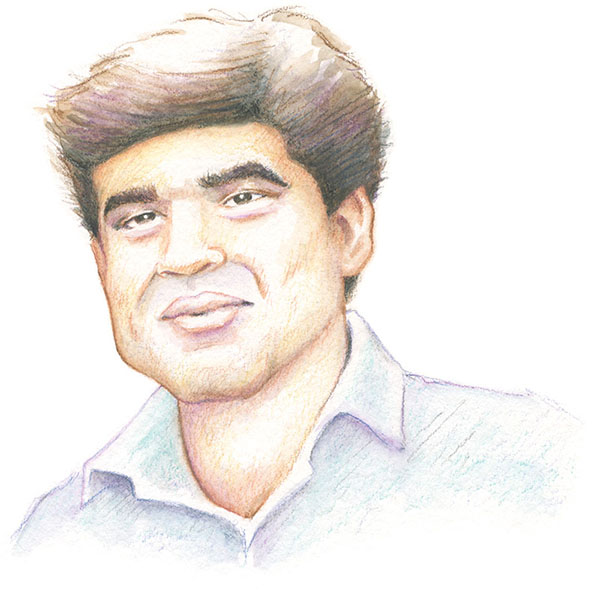
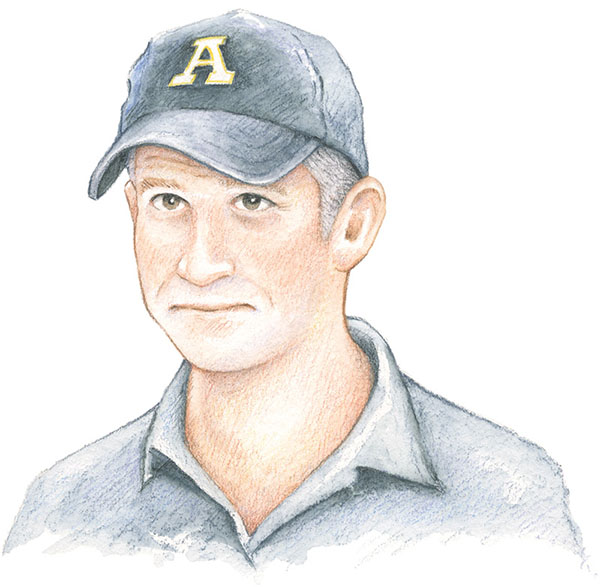
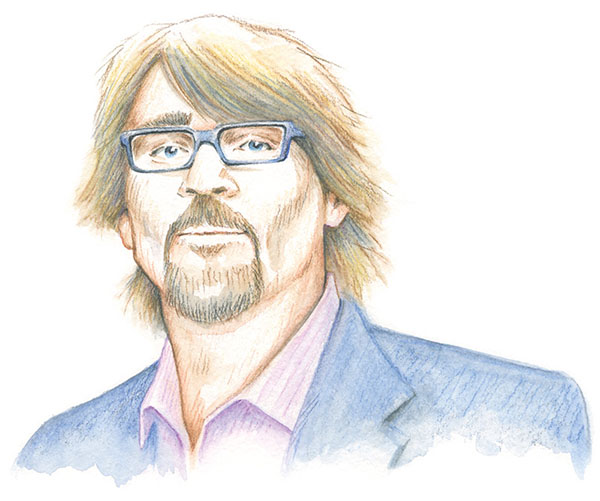
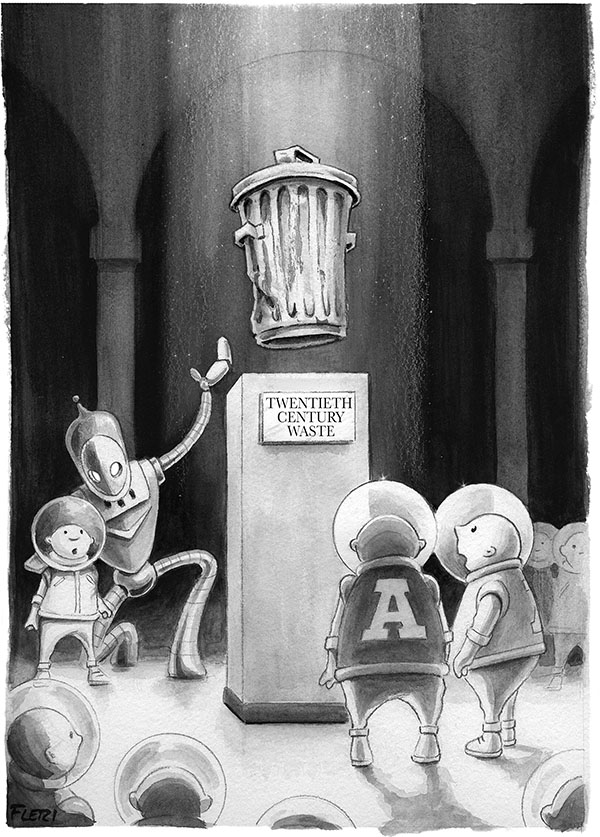

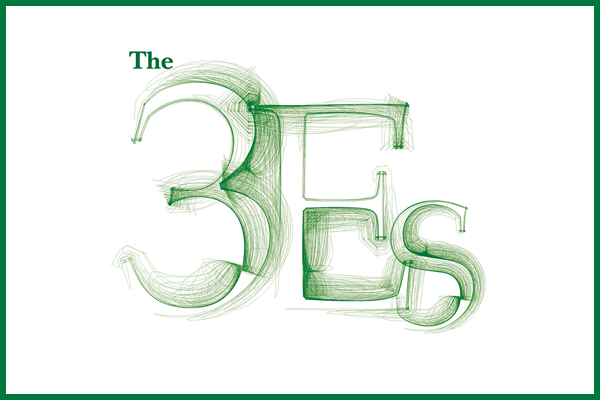
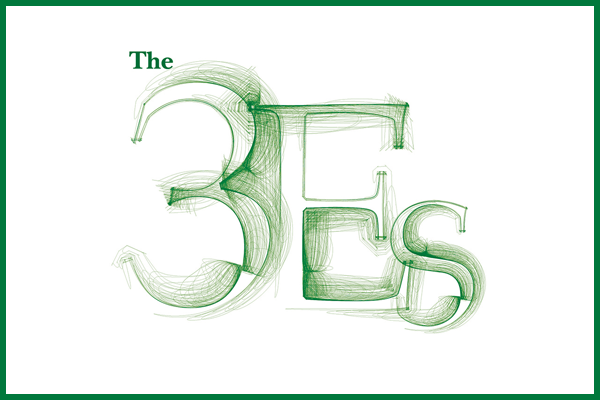
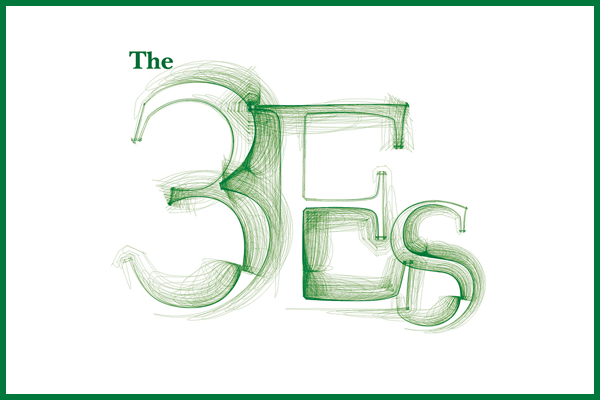
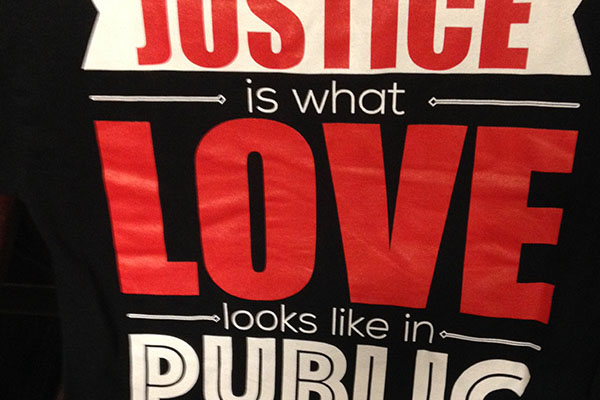

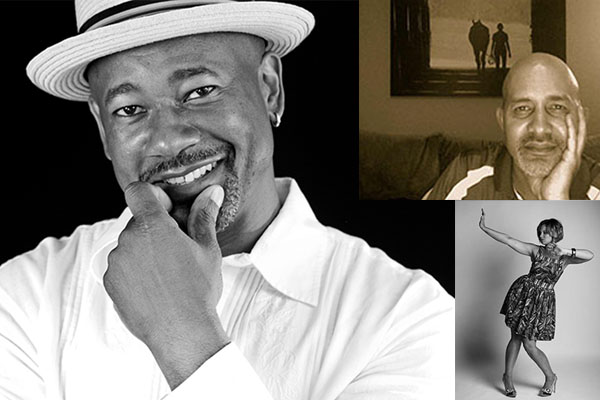


![How NCInnovation Is Rethinking Economic Development in North Carolina [faculty featured]](/_images/_posts/2026/02/rethinking-economic-development-600x400.jpg)








